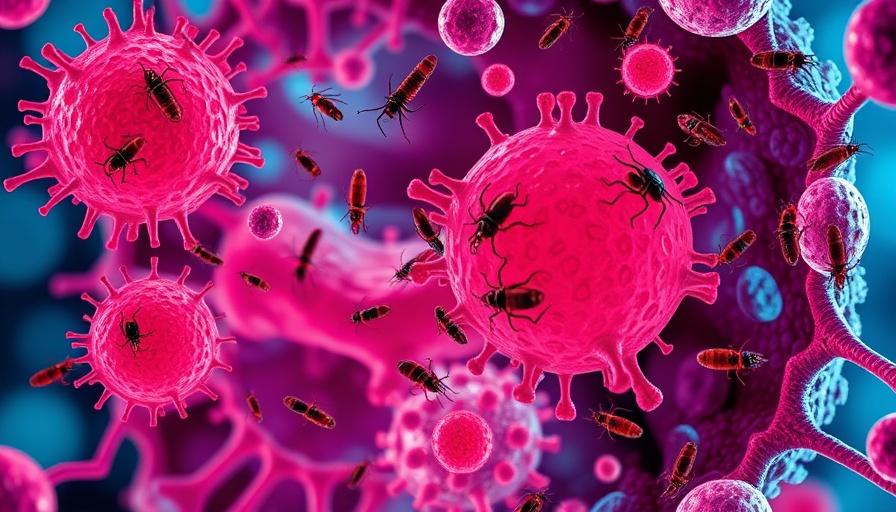
Fluoride: Once a Miracle Cure, Now Under Scrutiny
Water fluoridation has often been hailed as one of the foremost public health achievements of the 20th century, providing a significant reduction in dental cavities among children. The Centers for Disease Control and Prevention has celebrated its efficacy, but emerging studies are beginning to challenge long-held beliefs about fluoride and its effects on health. In a striking 2024 update from the Cochrane Library, it was found that while fluoride does have some success in preventing tooth decay in baby teeth, its benefits for adults are minimal at best.
The Controversial Ruling: A Call for Change
The breaking point for many critics came with a landmark ruling in September from a U.S. federal court against the Environmental Protection Agency (EPA). The judges highlighted new evidence indicating that fluoride could pose neurodevelopmental risks to children, deeming the exposure during critical early years as “unreasonable.” The ruling, which held the EPA accountable for the risks associated with fluoride exposure, was backed by findings from the National Toxicology Program that revealed consistent links between fluoride and reduced IQ in children, suggesting a troubling implication: there might be no safe level of exposure.
Fluoride Effectiveness: New Perspectives
In examining the effectiveness of fluoride, it has been noted that its protective properties against tooth decay may be dwindling. This conclusion was drawn not only from the recent Cochrane report but also from a British study which scrutinized dental health outcomes in communities with fluoridated versus non-fluoridated water. The researchers found only a marginal difference – a mere 2% reduction in tooth decay in those drinking optimally fluoridated water, resulting in just 3% fewer dental procedures. This raises significant questions: is the cost of adding fluoride to community water supplies justified when the actual benefits seem so slight?
Long-Term Effects: Growing Concerns
Further disturbing findings come from the Journal of Health Economics, which explored long-term outcomes for individuals who were exposed to fluoridated water during their childhood. This research unveiled alarming correlations between fluoride exposure and difficulties with self-sufficiency later in life, including lower high school graduation rates and challenges in securing stable employment. These findings underscore the necessity for rigorous re-examination of fluoride's role in public health.
A Shift in Public Health Perspectives?
The mounting evidence against fluoridation has sparked a national conversation about how public health policies are shaped and adjusted based on emerging science. Many advocates for holistic health and wellness are calling for a reassessment of fluoride usage, questioning whether its historical role as a preventive measure in dentistry outweighs the potential risks now spotlighted by recent research.
What Lies Ahead for Fluoride Policy?
As we stand on the threshold of reevaluating fluoride’s place in our lives, it’s crucial to consider not only the evidence presented but also the implications of maintaining the status quo. Policymakers, health professionals, and citizens alike need to engage in discussions that balance historical practices with contemporary scientific findings. Each community must assess the benefits and drawbacks of fluoride as they chart a course for future public health initiatives.
In conclusion, as we delve deeper into the emerging science of fluoride, let’s remember that health policies should adapt as new evidence comes to light. Open dialogues and continuing inquiries into the role of fluoride will be essential as we move forward. This is a moment not only for reflection but for action towards a transparent and responsive approach to public health.
 Add Row
Add Row  Add
Add 



Write A Comment